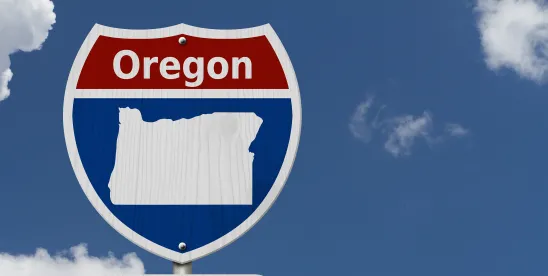In Lockner v. Farmers, 333 Or. App. 27 (June 5, 2024), a landlord’s tenant and the tenant’s guests smoked methamphetamine in the rental unit. Testing found significant levels of methamphetamine residue in the unit and HVAC system. The landlord filed a claim for the resulting remediation, which Farmers denied under a Contaminants exclusion. The landlord then filed suit, asserting the loss was covered because it was caused by vandalism.
The policy excluded damage by vandalism only “if the dwelling has been vacant for more than 30 days just before the loss.” The unit had not been vacant for more than 30 days, so Farmers had not relied on this exclusion to deny the claim. Thus, the landlord argued smoking methamphetamine in the rental unit was (1) vandalism and (2) a covered loss.
The Oregon Court of Appeals disagreed. “The word ‘vandalism’ is not defined by the policy, but it is otherwise generally defined to mean the ‘willful or malicious destruction or defacement of things of beauty or of public or private property.’” This definition did not apply because no evidence was presented that the “tenant intended to cause damage to the insured dwelling by smoking methamphetamine.”
The landlord then argued the Contaminants exclusion did not apply. The exclusion applies to the “release, discharge or dispersal of contaminants, pollutants, insecticides, or hazardous gasses or chemicals.” The Court of Appeals rejected the landlord’s argument, writing “because there is no genuine dispute that the methamphetamine residue is itself a contaminant, it is clear that the Contaminants exclusion applies.”



 />i
/>i
